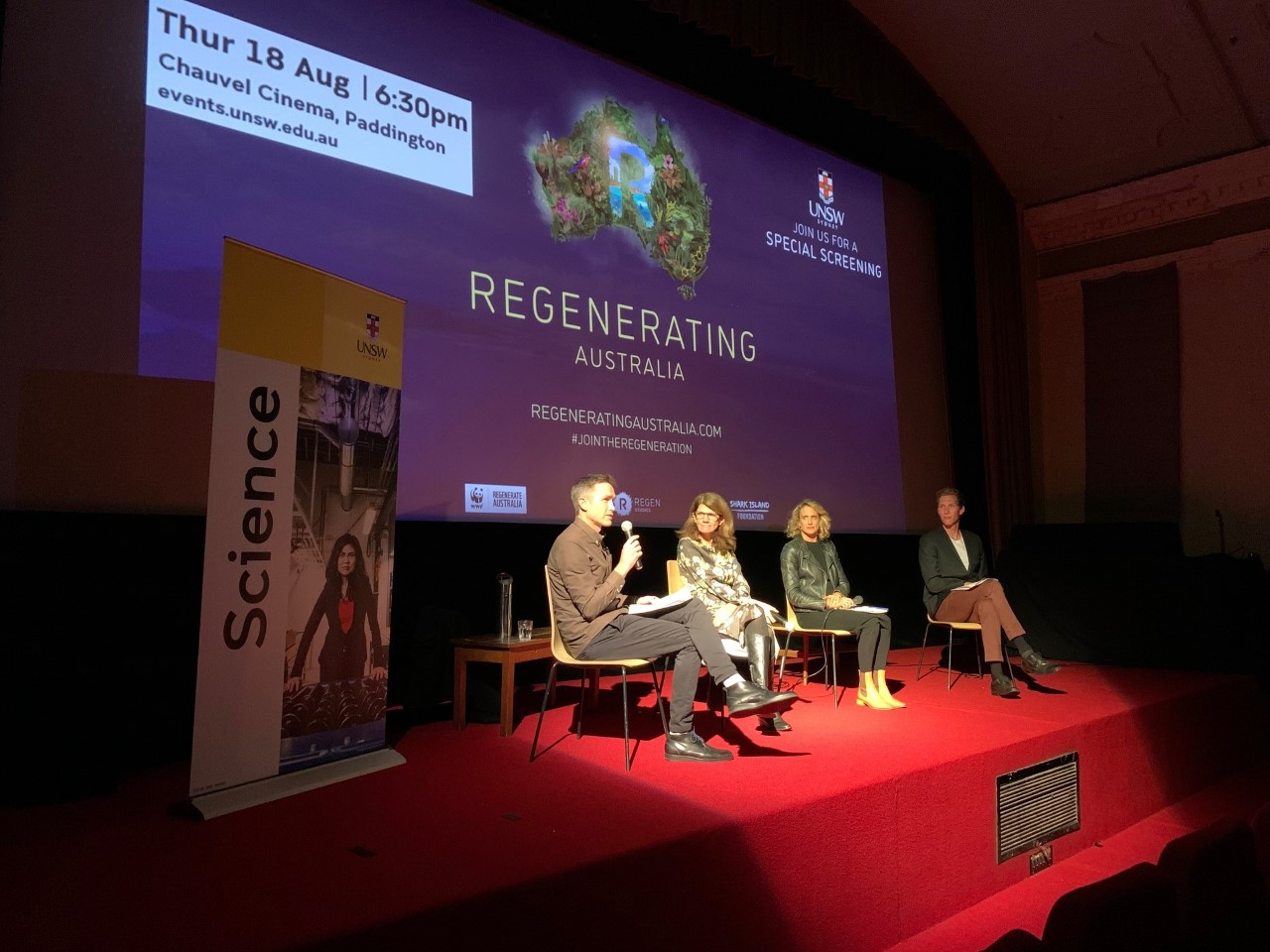Ben Newell on the Truth About Our Unconscious Minds
Ben shares insight from his new book Open Minded: Searching for Truth about the Unconscious Mind. Fusing research into the relationship between intuitive and deliberating thinking, and sharing real-life examples, he challenges commonly held notions about the role of unconscious thought in the human mind and behaviour.
Why aren't leaders taking stronger climate action? - ABC Radio Hobart
It seems like a no-brainer that we should be taking more serious action on climate change. The Intergovernmental Panel on Climate Change (IPCC) has just released yet another report, saying we can still save ourselves. When the science is so clear and the thermometer is already up by a degree, why don't we do more? Ben answers this question.
Cognitive Bias & Climate Change - Utopia Is Now
Professor Ben Newell joins "Utopia Is Now", a podcast that hosts multi-disciplinary conversations with experts concerning the ecological crisis.
Decision Making: Understanding how to make better choices
Ben joins Episode 8 of "Unfounded" to discuss what impacts people's decisions and how to improve our own decision making.
Regeneration Nation: What Australia Could Look Like in 2030
Ben discusses the film Regenerating Australia with 2SER radio and the screening and panel discussion hosted by UNSW Science.

Ben Newell Interviews Damon Gameua — Vision For The Anthropocene
In this conversation, Ben talks to Damon Gameau Director of the hugely successful documentaries ‘That sugar film’ and ‘2040’, one of the few films to offer a positive vision of our future on this planet. They discuss Damon’s journey from climate-sceptic to passionate advocate, the potential for the pandemic to be a pivot-point for behaviour change, the importance of story-telling and Damon’s many visions for how we can thrive in the Anthropocene.
Deliberate Ignorance
Ben is interviewed on ABC radio on deliberate ignorance. [Skip to 1hr and 8 minute mark.]
The Biden Administration And Its Influence On Australia's Climate Policy
Will President-elect Joe Biden's pledge to sign the United States back up to the Paris Agreement on climate change affect climate action here in Australia? But what does that mean for the Australian political landscape and even internal drivers for or against changing the status quo? Already some Australian politicians are warning against placing too great a focus on climate change, citing an electorate concerned about jobs and economic security. Ben Newell talks with Hilary Harper on ABC Radio National about how our understanding of psychology and community conversations play an important role.
Ben Newell Interviews Craig Reucassel — Vision For The Anthropocene
Climate change, pro-environmental behaviour & the problem with academic jargon. Craig Reucassel is host of the ABC’s Fight for Planet A and the War on Waste. In this Conversation he talks to Ben Newell about what individuals and governments can and should be doing to address climate change; whether we should be ‘nudging’ or ‘boosting’ pro-environmental behaviour; comparisons of our response to COVID-19 and our response to climate change; Craig’s vision for the Anthropocene (and his disadain for academic jargon…)!
Rutger Bregman in Conversation with Ben Newell
If there is one belief that has united the left and the right, psychologists and philosophers, ancient thinkers, and modern ones, it is the tacit assumption that humans are bad. It's a notion that drives newspaper headlines and guides the laws that shape our lives. Human beings, we're taught, are by nature selfish and governed primarily by self-interest. But what if it isn't true?
Hot Mess - Human Frailties
In Episode 1 Ben talks to Richard Aedy about what makes climate change hard to get our heads around and even harder to do something about.
Psychological Barriers to Climate Action
Professor Ben Newell talks with Anna Freeland about the psychological barriers which prevent people from both understanding and acting on climate change.
The Replication Crisis
Ben talks with Harry Greenwell, BETA’s (Behavioural Economics Team of The Australian Government) head of trial design and evaluation, about the replication crisis facing many scientific disciplines, psychology in particular. Ben and Harry first discuss why experimental replication is fundamental to science, then discuss the causes of the replication crisis, such as erroneous statistics and exploratory research, the methods to combat the issue – the open science framework and pre-registered studies – as well as the progress scientific fields have made since the replication issue came to a head at the start of the decade.
Music Festival Waste
This podcast addresses the issue of waste, in particular waste leftover from music festivals. Ben gives insights into the strategies festival organisers may implement when trying to reduce festival waste, informed by cognitive research, as well as the reasons humans are averse to short term loss for long term gain (environmental action to reduce long term negative consequences) in the first place. Ben discusses research showing how social norm information, uncertainty reduction, and increasing the ease of recycling and proper waste disposal are all useful methods in increasing pro-environmental behaviours (5-10 minute mark).
Ben Newell Interviews Stephen Oliver (ABC) - Vision for the Anthropocene
Stephen Oliver is Manager of Documentaries at the ABC. Ben talks to Stephen about his involvement in major shows such as the War on Waste, Fight for Planet A and the upcoming new series Big Weather and How to Survive It; his desire to drive impact and change that goes beyond the passive viewing of TV; the importance of understanding the interconnectedness of our species; and Stephen’s vision for the Anthropocene.
Medical Decision Making
In this episode of the Emergency Trauma Management podcast Ben chats about the role of decision making theory in the emergency room. Doctors and medical practitioners are constantly fraught with high stakes decisions under immense time pressure. Here, Ben talks about the common biases and heuristics which influence our decisions and how self-awareness of these biases as well as other training and education practices can mitigate their effect.
